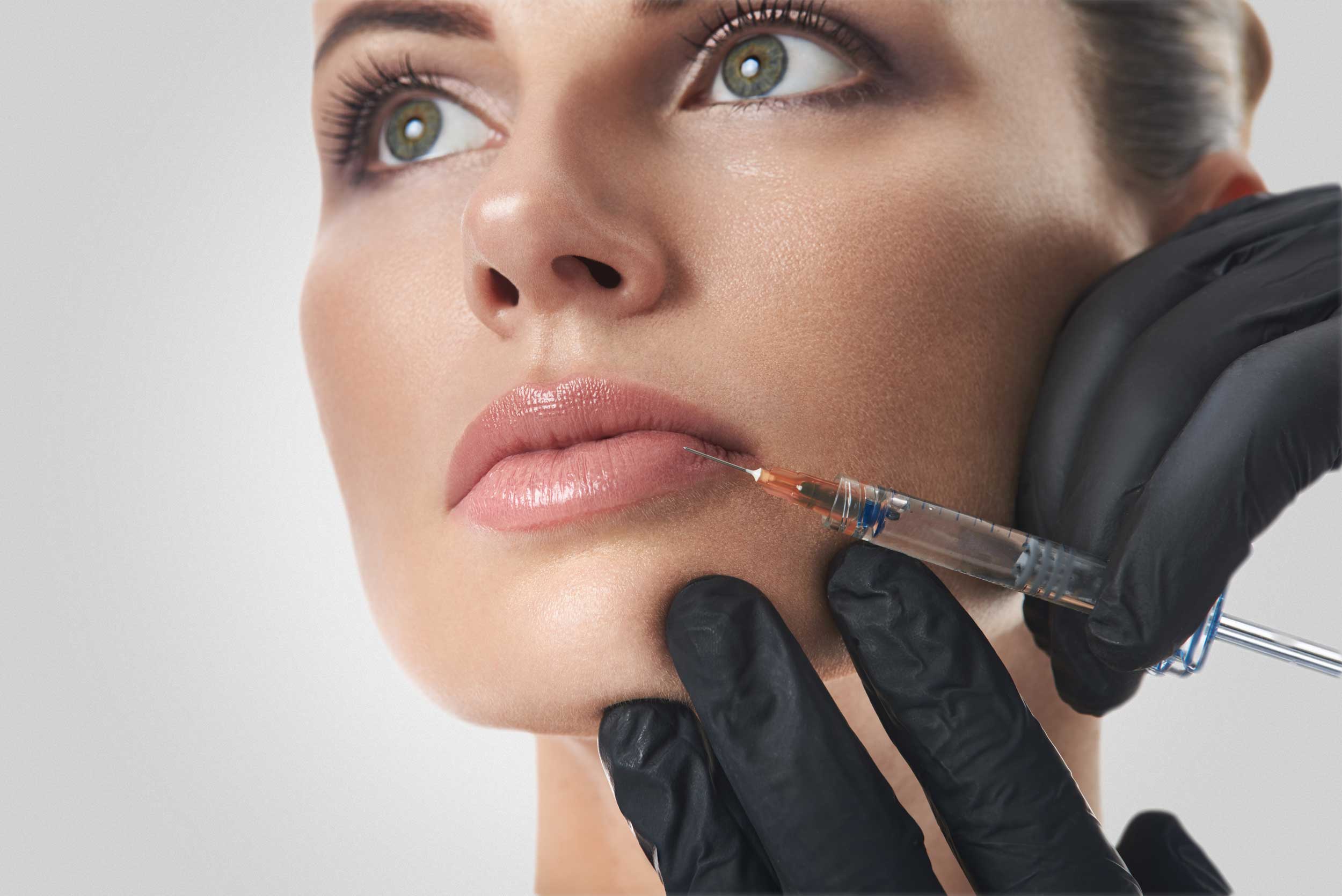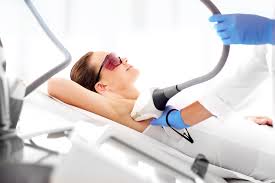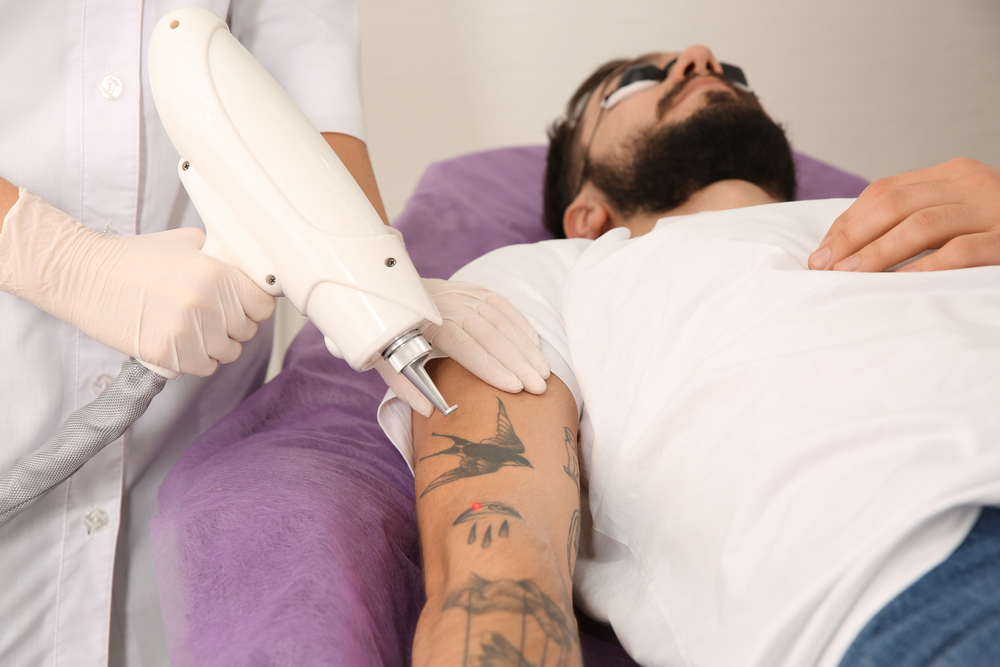
Acne is a common skin condition that affects people of all ages and genders. While often associated with adolescence, acne can persist or emerge well into adulthood. Understanding the specific types of acne, recognizing its symptoms, and knowing how to approach treatment can help individuals take control of their skin health.
Identifying Types of Acne
Acne varies widely in appearance and severity. Each type requires distinct care. The two main categories of acne are inflammatory and non-inflammatory.
Non-inflammatory acne includes whiteheads and blackheads. These arise when pores become clogged with excess oil and dead skin cells. Whiteheads appear as small, flesh-colored bumps, while blackheads have an open surface that darkens due to exposure to air.
Inflammatory acne is characterized by redness, swelling, and tenderness. Common forms include papules, pustules, nodules, and cysts. Papules are small red bumps, while pustules contain pus at their tips. Nodules and cysts are more severe, forming deep under the skin and often causing discomfort. Recognizing which type you’re dealing with is beneficial for choosing an appropriate treatment plan.
Recognizing Acne Symptoms Early
Early identification of symptoms can help you address the condition before it worsens. Here are common signs to watch for:
- Changes in Skin Texture: Initial signs may include rough patches or slight bumps where pores are clogged.
- Persistent Redness or Swelling: Symptoms such as redness and inflammation may indicate inflammatory acne or underlying irritation.
- Painful Lesions: Deep, tender bumps often indicate nodules or cysts, which can progress if left untreated.
By acting promptly when these symptoms appear, you can mitigate potential scarring or long-term effects.
Choosing the Right Treatment
Treatment options vary based on the type, severity, and any underlying causes. Over-the-counter (OTC) products may be effective for mild acne, including blackheads, whiteheads, and occasional pimples. Products containing benzoyl peroxide or salicylic acid help reduce oil production and unblock pores. Retinoids, available in both OTC and prescription forms, are effective for managing non-inflammatory acne.
Moderate to severe acne, such as papules, pustules, nodules, and cysts, often requires prescription-strength medications. These may include topical treatments combined with oral antibiotics or hormonal therapies for women. Dermatological procedures, such as chemical peels, laser therapy, or extractions, can also complement medical treatment, particularly for persistent conditions. Consulting a healthcare provider helps make sure that the chosen solutions align with your skin type and condition.
Knowing When to Seek Help
Sometimes, professional intervention is necessary for effective management. Try consulting a dermatologist under the following circumstances:
- Lack of Improvement with OTC Products: If several weeks pass without noticeable results, a dermatologist can evaluate alternative treatment options.
- Increasing Severity: When acne worsens or forms painful lesions, seeking medical care may help prevent complications such as scarring.
- Impact on Emotional Well-being: Acne can have a negative impact on self-esteem and social interactions. If it’s taking a toll on your mental health, seeking help can provide both physical and emotional relief.
Professional guidance not only addresses existing concerns but helps prevent recurring problems through tailored treatment approaches.
Start Your Clear Skin Journey
Understanding the characteristics of acne and the available treatment options can help you take control of your skin health. Early recognition of symptoms and the appropriate care strategy, whether through over-the-counter products or professional medical advice, can pave the way toward clearer skin. If it persists or worsens, consulting an expert allows you to receive the support you need. Take that first step today and prioritize your skin’s unique needs for acne-free skin.





